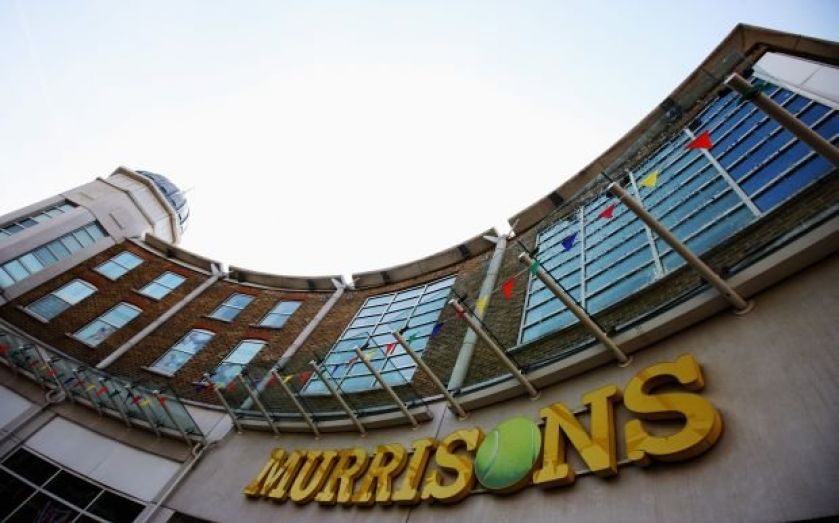Morrisons and Tesco lose grip on market share and sales

Morrisons and Tesco have both suffered another heavy fall in sales and market share in the last 12 weeks despite efforts to slash prices and win customers back into their stores.
Data released yesterday from Kantar Worldpanel showed that overall grocery market grew by 2.8 per cent year-on-year in the 12 weeks to 22 June, bouncing back from an 11-year low of 1.7 per cent in the previous 12-weeks.
But Morrisons’ sales fell 3.8 per cent, while its market share slid further, from 11.7 per cent to 10.9 per cent.
The Bradford-based grocer, which launched a £1bn price cutting plan in March, has failed to post positive sales growth since November 2013.
Tesco, which has also responded to pressure from discounters by slashing prices, saw sales fall 1.9 per cent and its market share decline to 28.9 per cent from 30.3 per cent.
By contrast, rivals Asda and Sainsbury’s increased their market share, beating the market average with growth rates of 3.6 per cent and three per cent respectively.
Britain’s big four grocers have been under growing pressure from the rapid expansion of German discounters Aldi and Lidl, which grew sales by 35.4 per cent and 22.3 per cent respectively.
Aldi has set out plans double its store numbers to 1,000 by 2021, while Lidl announced plans last week for a £220m expansion in the UK. The retailer will open 20 more stores by the end of this year, taking its total to 620.
Morrisons boss Dalton Philips warned last week that the discounters could account as much as 25 per cent of the market compared to 8.3 per cent today if supermarkets failed to “face the brutal reality” and fight back.
Kantar’s Fraser McKevitt said grocery price inflation had fallen to 0.8 per cent in the period – the lowest since it began recording the data in 2006.
“The low grocery price inflation this period will be welcome news for household budgets. The outlook is positive as we predict continuing sub one per cent levels into the near future, providing some relief for cash-strapped consumers,” he said.